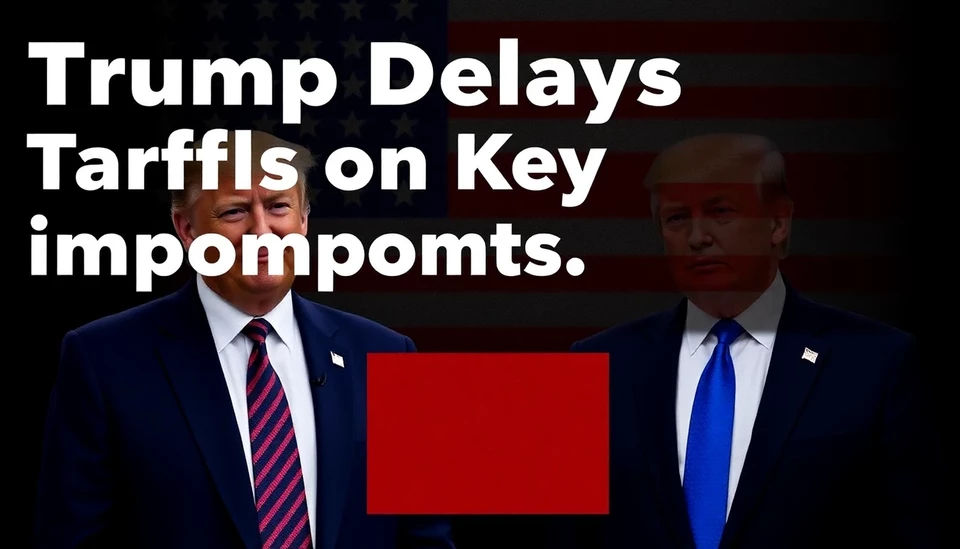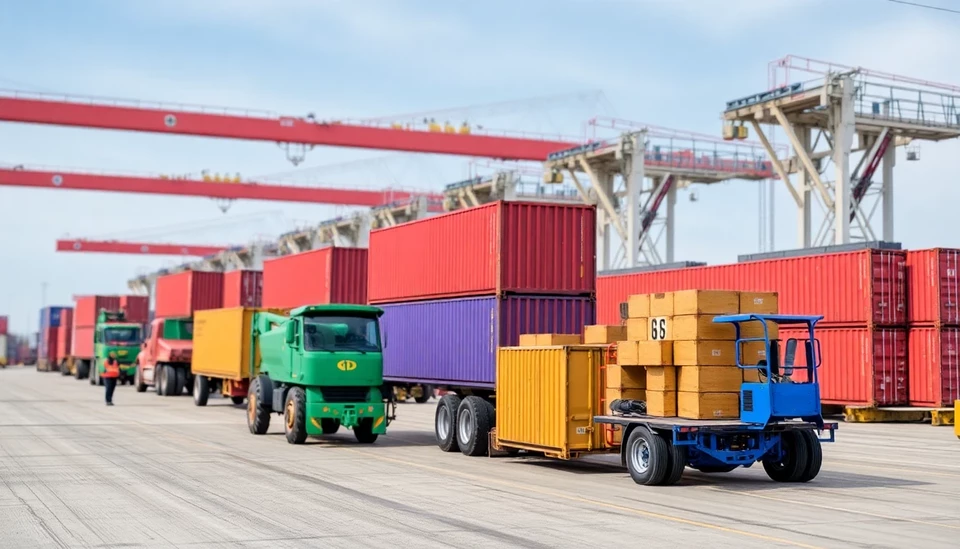
In a surprising turn of events, former President Donald Trump has decided to temporarily pause the imposition of new tariffs on critical imports from several countries, shifting the focus on trade policy for the next three months. This unexpected move raises questions about the implications for American businesses, consumers, and international relationships as stakeholders assess the economic landscape amidst ongoing discussions around trade agreements.
The announcement comes at a pivotal time, as the U.S. economy faces pressures from rising inflation and supply chain disruptions, which have impacted various industries from manufacturing to retail. Concerns have mounted over the dual threat of increased costs for consumers alongside challenges to domestic production capacities. By pausing the tariffs for 90 days, Trump aims to create breathing room for negotiations that could lead to more favorable conditions for American enterprises.
The decision to delay tariffs was not made in isolation. Economic advisors have reportedly highlighted the potential downside of implementing tariffs, especially in the current climate where consumers are feeling the pinch from higher prices on goods and services. By refraining from introducing additional tariffs, the administration hopes to stabilize the market and foster discussions with trading partners over fairer practices and trade balances.
In the coming weeks, industry leaders and economists will be closely monitoring the administration's next steps, as the resolution of trade tensions could set the tone for economic recovery. If successful, the negotiations following this hiatus could lead to agreements that might not only alleviate the burden on U.S. businesses but also enhance competitive positioning on the global stage.
Trade experts have indicated that while the halt on tariffs may provide immediate relief, it is crucial for the administration to strategically plan the next phase of negotiations. A failure to reach an agreement within the 90-day window could reignite tariff concerns, potentially leading to renewed economic uncertainties.
This pause also signals a potential shift in how the administration views trade negotiations, suggesting a willingness to engage in more diplomatic approaches rather than relying solely on tariffs as a tool for economic leverage. Stakeholders will be paying close attention to any developments leading up to the deadline, particularly how negotiation dynamics evolve with key partners abroad.
As speculations circulate regarding the future of U.S. trade policy, businesses across various sectors remain hopeful that the pause can lead to more comprehensive solutions that support both domestic growth and international collaboration without the disruptive effects of tariffs.
In summary, Trump's decision to pause tariffs is a strategic maneuver with significant implications for the U.S. economy. With 90 days to negotiate potential agreements, the outcome will not only influence the current economic climate but possibly reshape trade relations for years to come.
#Tariffs #TradePolicy #Economy #Trump #ImportPause #Negotiations #USTrade #EconomicImpact #SupplyChain #Inflation
Author: Daniel Foster




